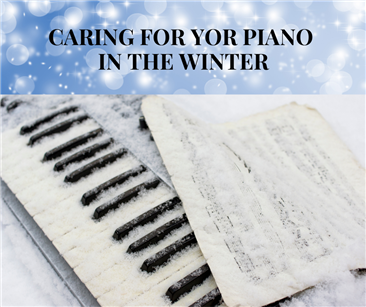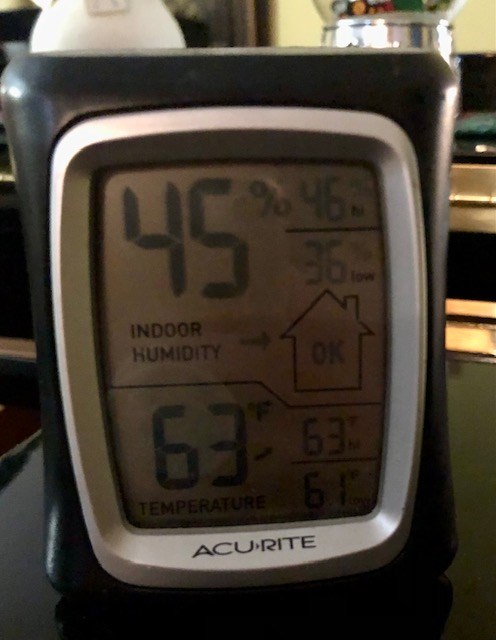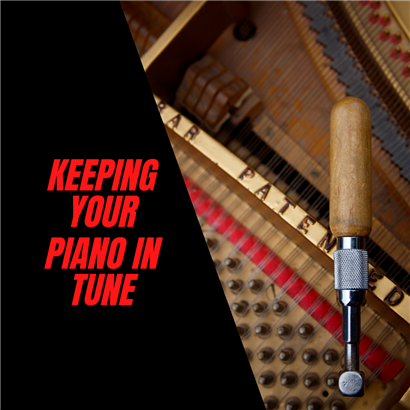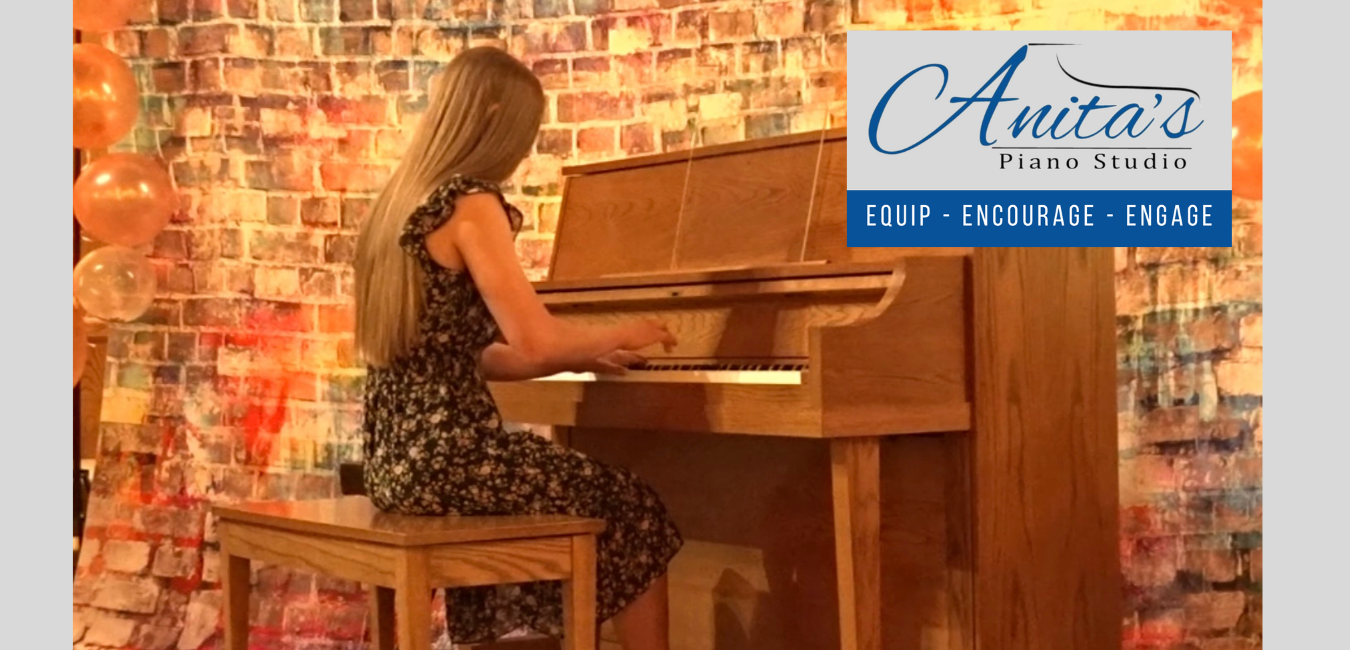3 Pieces of Advice on Buying Your Child’s First Piano
Tuesday, December 7, 2021 by Anita Byers | Your Home Piano
This is an excellent article which I hope will help with an instrument purchase--whether you are considering that first piano purchase or an upgrade.
https://www.rolandus.com/blog/2020/04/29/3-pieces-of-advice-on-buying-your-childs-first-piano/
Caring For Your Piano in the Winter
Tuesday, November 30, 2021 by Anita Byers | Your Home Piano

The temperature is getting colder outside and our heat has been turned on. How does this affect our acoustic pianos? In our area, the relative humidity is very low during the cold winter season, and very high during the spring and summer.
Keeping the humidity level around your piano as constant as possible will help it to stay in tune longer and help keep your piano from humidity change damage.
Here are steps to take to protect your piano this winter.
MAINTAIN THE HUMIDITY IN THE ROOM.
The best humidity level for a piano is between 40-50% relative humidity. Levels below 35% will excessively dry out the wooden parts of the piano and levels over 50% will cause rust and corrosion damage to the metal parts of the piano.
If you do not know the humidity level around your piano, I suggest you purchase a hygrometer. This inexpensive little gadget sits right next to my piano so I can keep a close eye on the relative humidity. I shoot for 45% in my piano room in the winter which is achieved by a room humidifier—it is good for your nasal passages and skin – it's also good for your piano.

In addition you could have a Dampp-Chaser humidity control system installed on your piano. It includes a dehumidifier and a humidifier system. I have this system on my piano and also use a room humidifier in the winter as recommended by my piano technician.
PLACE YOUR PIANO IN THE PROPER LOCATION.
Make sure to keep your piano away from areas that are too hot or too cold. Avoid placing your piano near opened doors/windows or near a heating source or vent. Also never allow direct sunlight to touch your instrument. It can damage the interior and ruin your piano’s finish.
An ideal temperature is around 68-70 degrees Fahrenheit. Like humidity, keeping as constant a temperature as possible is key.
TUNE YOUR PIANO.
Timing your tuning around the change of seasons can help your piano maintain a more consistent sound and tuning stability through the winter season.
These three steps will help your piano sound beautiful all year long--especially in the winter!
Why Keeping Your Acoustic Piano in Tune is SO IMPORTANT
Monday, October 25, 2021 by Anita Byers | Your Home Piano

It's fall and that is a great time to make sure your acoustic piano is in tune. Over the years, I often have seen a direct correlation between students quitting and the condition of the instrument they are playing at home. If the home instrument is out of tune or has broken keys, this can be terribly frustrating for a student and they will not want to practice. Actually as a musician, an out of tune piano is just downright painful to listen to.
"It is important for those learning to play the piano to have an instrument that is in tune so they can correctly learn the pitches. If a piano player learns to play with incorrect pitches, it will hinder his or her ability to play a tuned piano, because the pitch will sound off to them.
Regular piano tuning can give those who are learning to play the piano a boost of confidence, because it’s exciting to play a piano that is in tune and sounds good. Having an in-tune piano helps kids stick with the piano and enjoy learning to play it. It’s hard to be motivated to learn to play the piano when you don’t know if you are making a mistake or if the piano is just out of tune. If you properly care for your instrument, it will bless your life for years to come."https://www.deseretindustries.org/blog/why-its-important-to-tune-your-piano
Just as a car needs maintenance and the oil changed, an acoustic piano must have regular tunings. If tuning has been neglected, it is going to take awhile for them to hold a tune and sadly if the piano has been very neglected in it’s past and has some age on it, it may never hold tune.
I’ll be contacting my tuner from Joplin soon – let me know if I can add your name to his list or you can contact him directly. Also Dan Keller is here in Nevada.
David Vanderhoofven 417.781.3965 or Dan Keller 417.667.6208
Here’s a great video to watch! Can you hear the difference?? Which recording does your acoustic piano sound like??
Can You Hear the Difference Between a Tuned and Out of Tune Piano? https://www.youtube.com/watch?v=kyO7rNFd9q0

